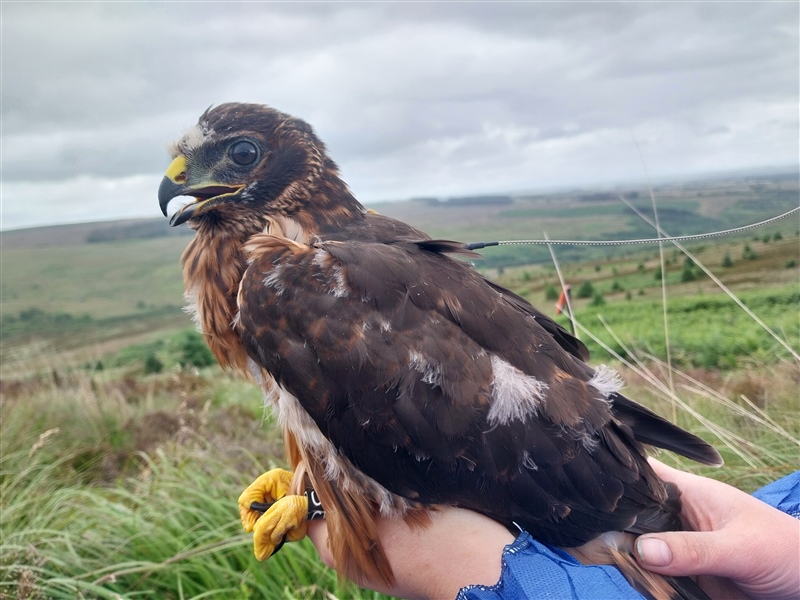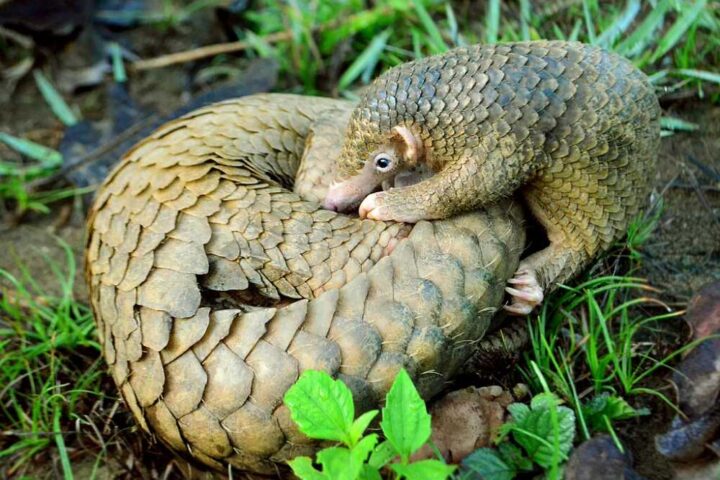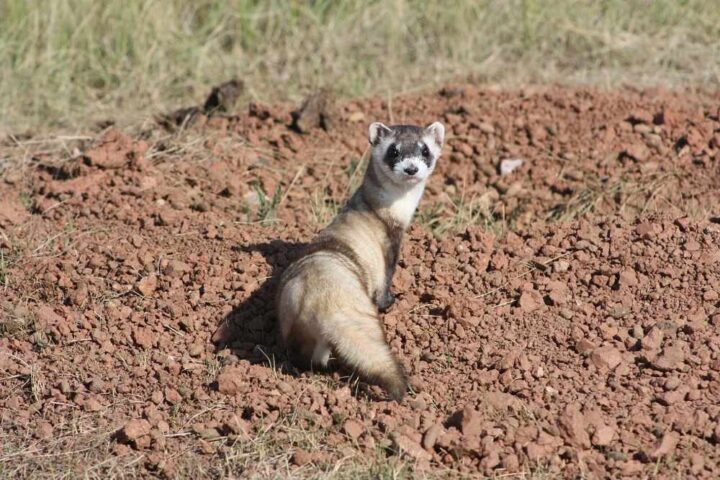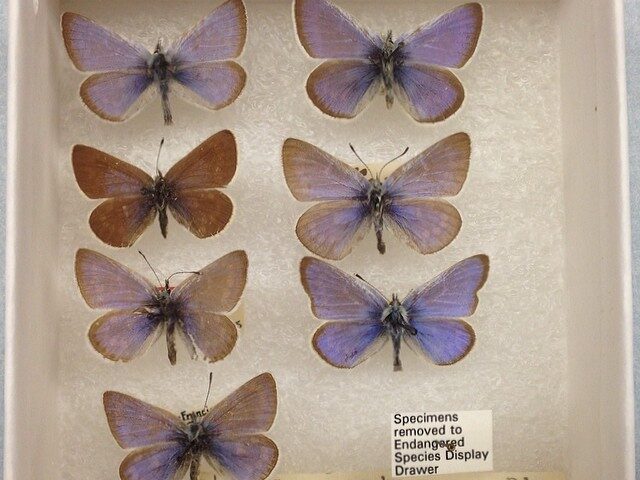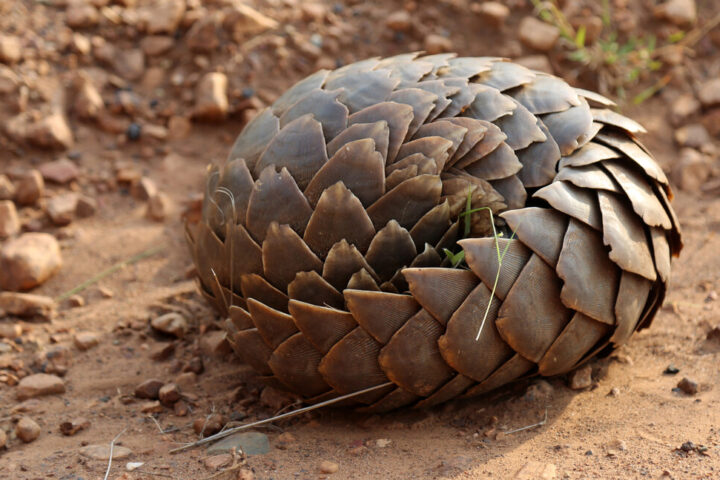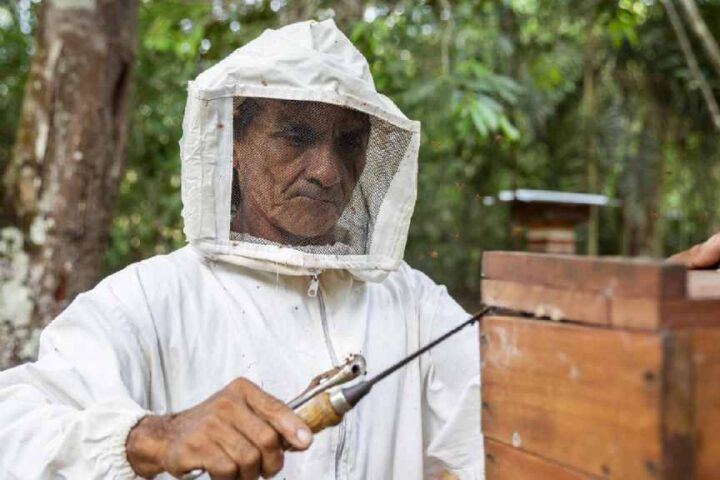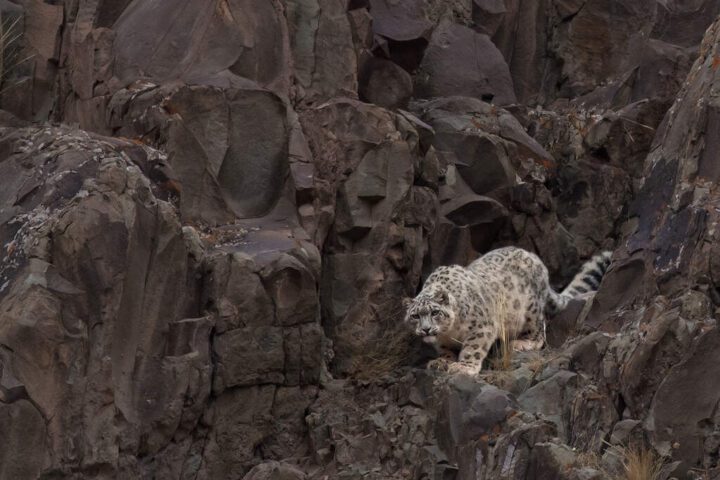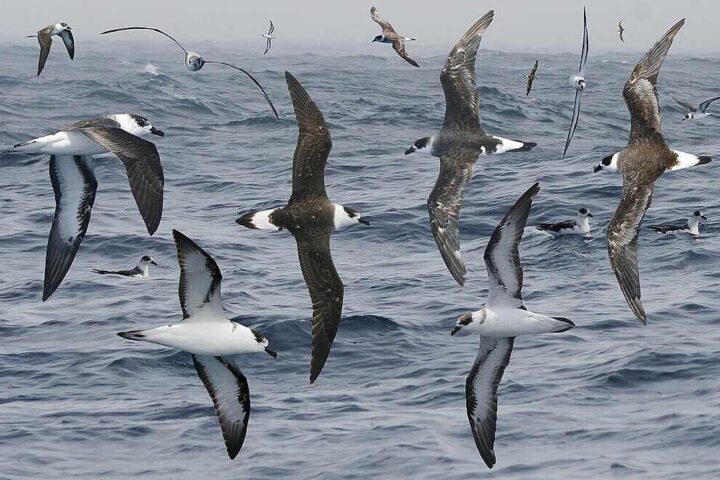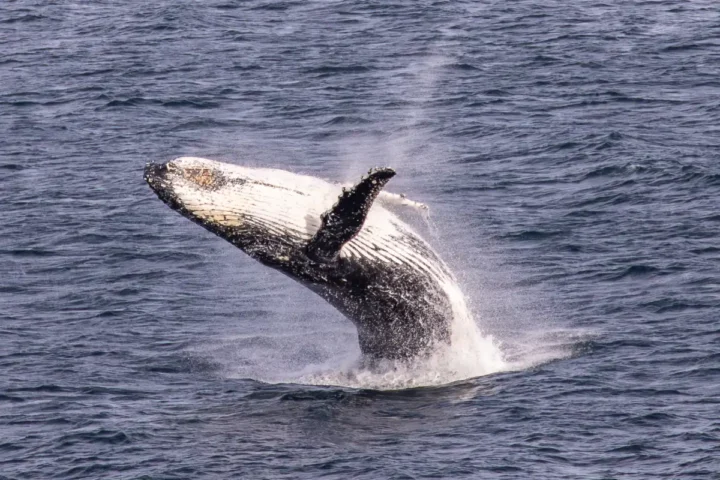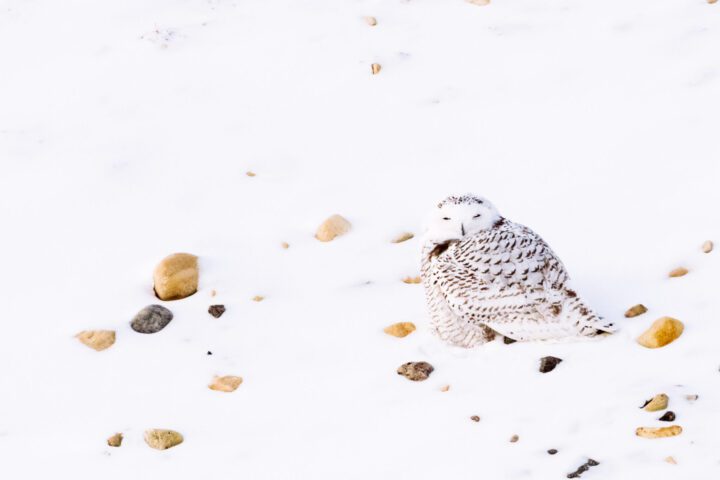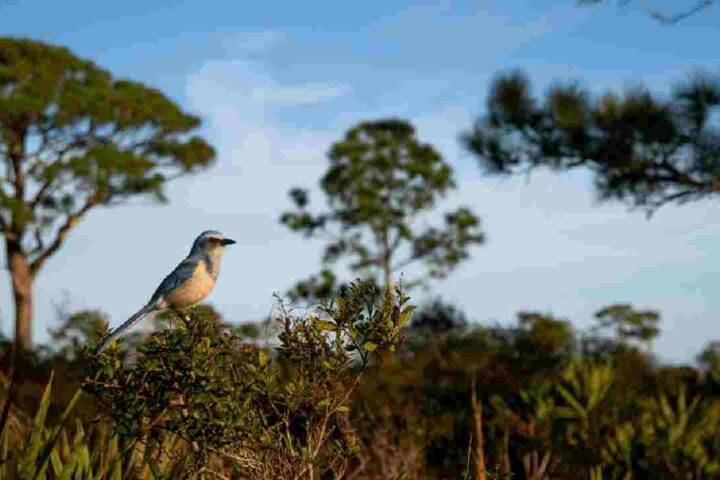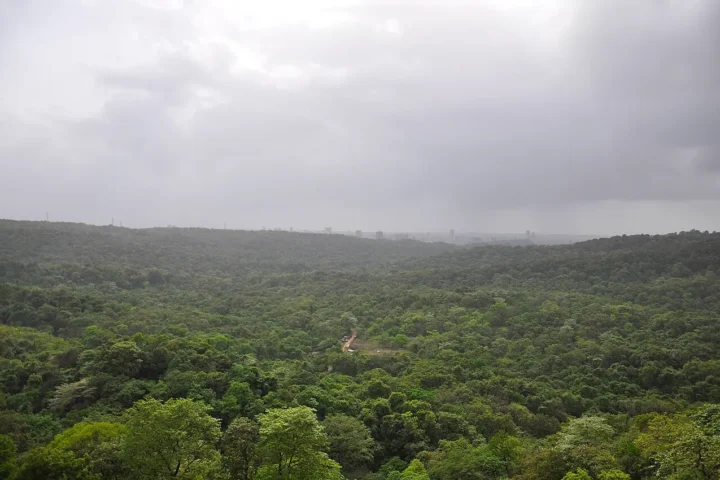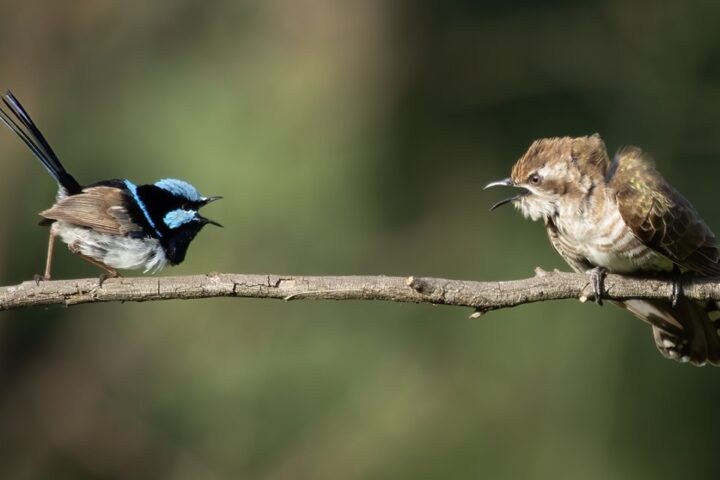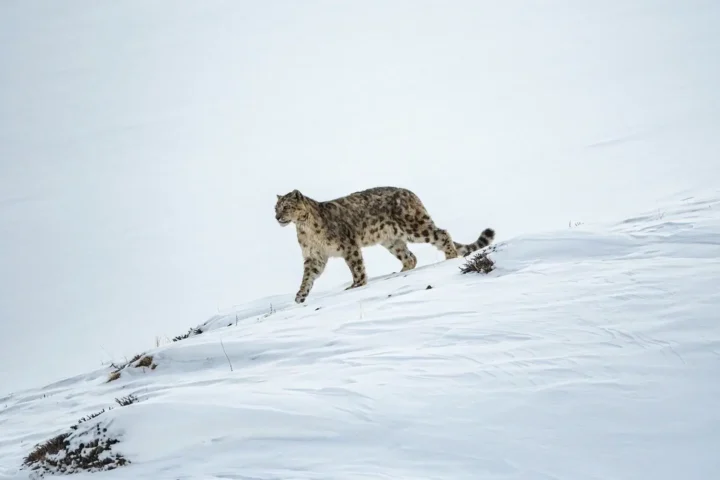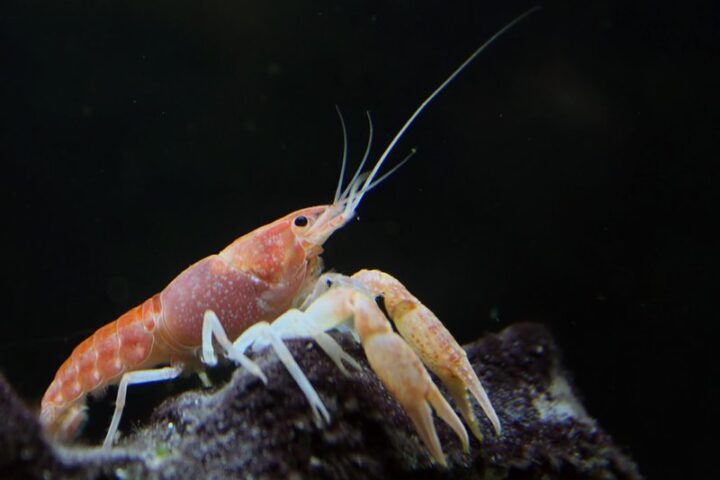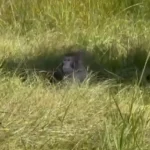A young hen harrier named Red, born in Scotland’s Tarras Valley Nature Reserve in 2024, has disappeared under suspicious circumstances near Hamsterley Forest in County Durham. The bird’s satellite tag ceased transmitting on January 15 while roosting on a grouse moor, prompting an investigation by Durham Police and the Royal Society for the Protection of Birds (RSPB).
Red was fitted with a satellite tag that acts like a small backpack, designed to continue transmitting even after a bird dies or sheds the device. The sudden loss of signal suggests possible human interference, according to RSPB Senior Investigations Officer Will Hayward.
“The disappearance of Red is a huge blow for a struggling species. Should a tagged bird die of natural causes, its tag would continue transmitting, allowing us to recover the body. This was not the case, which strongly suggests human interference,” Hayward explained.
This incident follows a troubling pattern. Two other hen harriers from Tarras Valley have vanished under similar circumstances on English grouse moors in 2021 and 2022. In total, eleven Scottish hen harriers have disappeared without explanation in northern England in recent years.
Similar Posts:
Jenny Barlow from Tarras Valley Nature Reserve described the community impact: “There is always such a buzz of excitement and anticipation for our hen harriers to return each year. A real dedicated community and volunteer effort goes into monitoring and safeguarding our harrier chicks. It is extremely sad news for us all to find out that one of our 2024 chicks won’t be making her way back home to us again.”
The RSPB’s research reveals 400 confirmed cases of illegal raptor persecution in Scotland over the past 15 years. However, Scottish Land & Estates points to official government wildlife crime reports showing bird crime has decreased to record lows.
Conservation groups are pushing for stricter regulations. The RSPB is urging Westminster to follow Scotland’s example by introducing a licensing scheme for grouse and gamebird shooting, with penalties for breaching wildlife protection laws.
Hen harriers, known for their distinctive “skydancing” courtship displays above upland moors in spring, are on the UK’s red list of conservation concern. Despite full legal protection, illegal killing remains a significant barrier to population recovery.
The RSPB encourages public involvement in protecting these birds. Anyone who notices a dead or injured bird of prey in suspicious circumstances should contact police on 101 and complete the RSPB’s online reporting form. Anonymous reports can be made through the RSPB’s Raptor Crime Hotline at 0300 999 0101.
